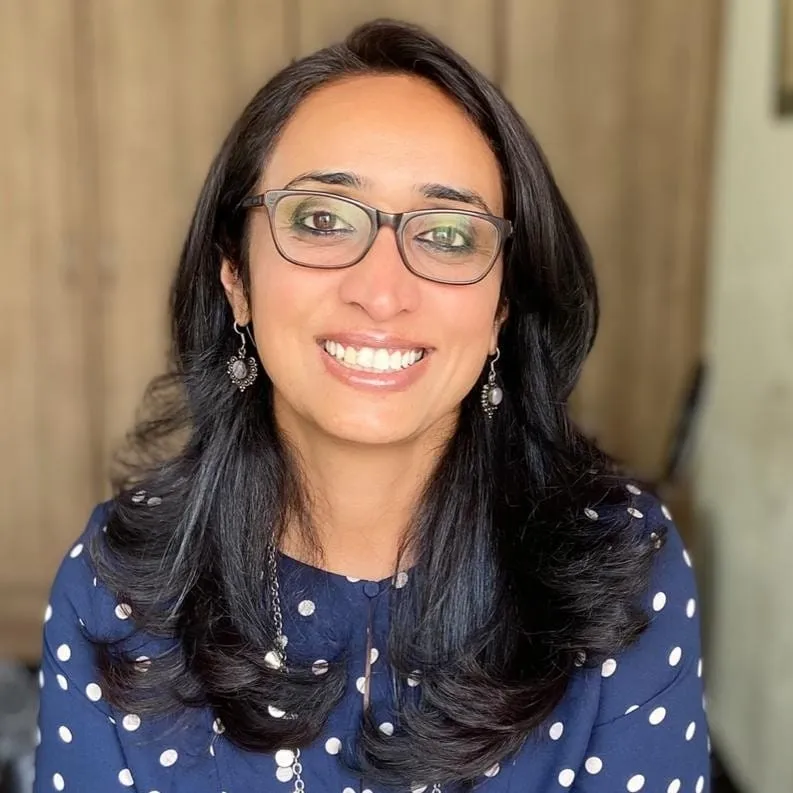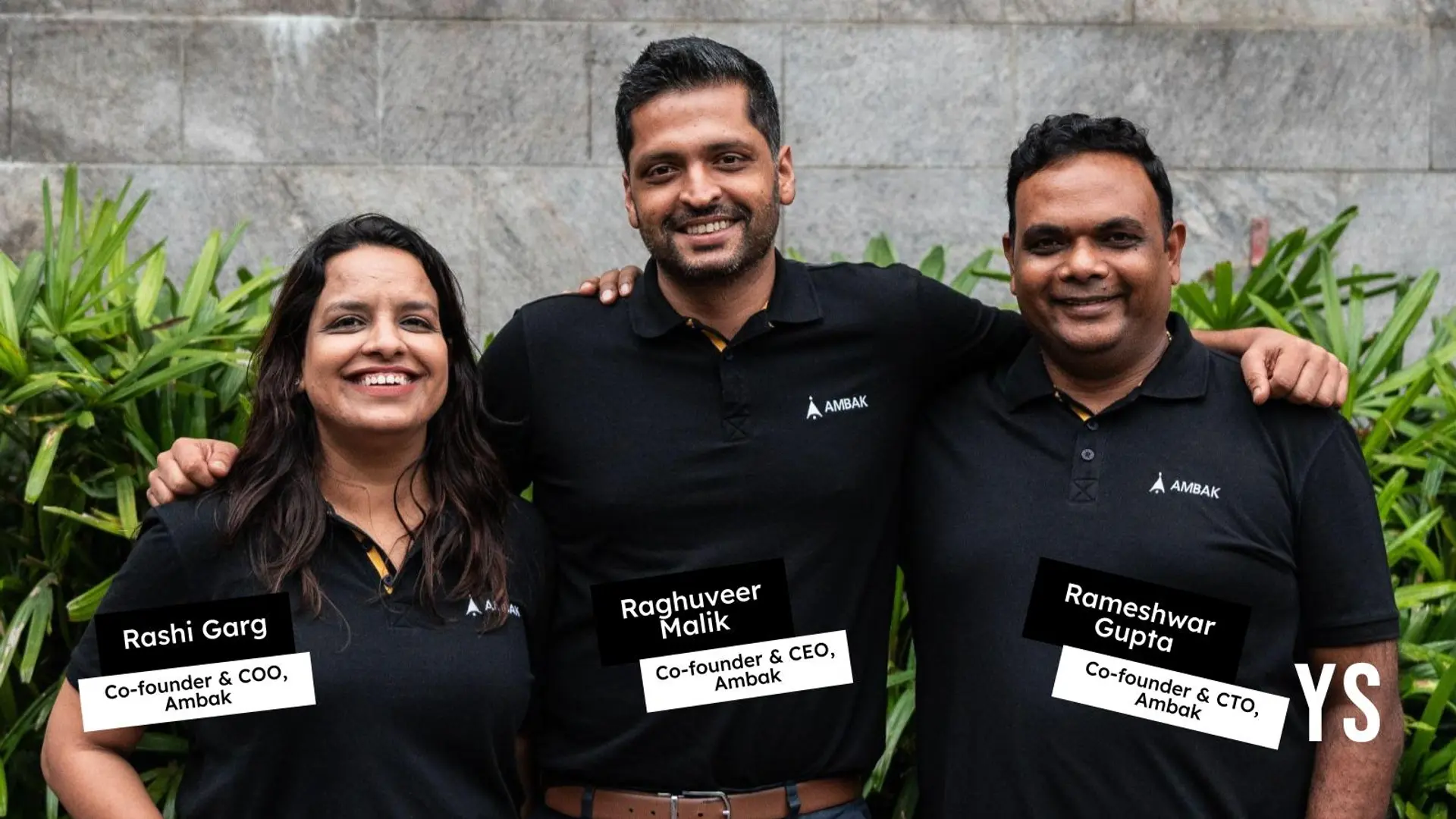This support group helps non-custodial parents reclaim their lives after divorce
Milaap, a support group of 300 parents, mental health professionals and legal experts, offers free-of-cost support to parents who have been alienated from their children.
A little over ten years ago, Gazal Raina's connection with her son was completely severed after her divorce.
"I was struggling to come to terms with not having my son in my life, not being a parent, and navigating the immense emotional pain that came with these changes," says the Chennai-based mother.
At one point through this journey, Raina decided to look at how other parents were handling the same kind of emotional upheaval and found that there were different shades of parental alienation.
"There were cases where children who were major made a choice to stay with the other parent; there were some other cases where minor children were influenced against one of the parents. This put the estranged parent through immense shame, helplessness and guilt about not being a good mother or father, and resulted in a lost sense of identity in them," she says.
In 2019, Raina looked beyond her own struggles and started , a support group for parents alienated from their children. Built completely through social media, the community is now a safe space for 300 parents from across the country, in addition to mental health professionals and legal experts who offer their services to them.
The group also guided Raina to understand how to handle herself, strike a balance between living her life and surviving the alienation, take support, and regain her life back.
The complexities of parental alienation
Raina says that in many cases, parents find themselves battling false allegations and financial struggles. When it comes to warring families and custody battles in India, things can get very ugly, she says.

Gazal Raina, founder, Milaap, a support group for non-custodial families
"There are parents who have served jail terms based on allegations levelled upon them. They lose the support of their families while they are dealing with losing their children," says Raina. "Making a choice to live a different life and leaving an incompatible partner comes at such a high cost in this society that it can render a parent completely helpless.,”
Mental health professionals say that children who are influenced into rejecting one parent may find themselves in Stockholm Syndrome, wherein they feel conflicted between an inherent desire to stay connected with the estranged parent and the need to give into the word of the parent and the family that has custody of them.
Children in these situations can grow up to become manipulative, battle severe withdrawal symptoms and struggle to build honest, rooted relationships, says Sunita K Mani, psychotherapist and Founder at Emotional First Aid Academy, Bengaluru.
Mani, who lends her services free of cost as an expert professional for the Milaap community, says children whose trust in their primary caregivers is fractured following messy separations, often exhaust themselves trying to overachieve in school, college and adult life, to prove themselves and become more than their parents' mistakes and choices.
Most recently, Milaap held a session on 'Reversing Alienation' with Dr Rakesh Kapur, Founder of Bamboo Tree Children's Foundation. It was aimed at guiding children who want to reconnect with their estranged parent to find a connection with both their paternal and maternal sides of families.
"Since children are the stakeholders of the consequences of a divorce, they must be an equal part of recovery programmes and engagement to understand that they are not at fault for what happened between their parents, and gain the agency to build a life differently," says Mani.
Mental health professionals also point out that parents must, with the knowledge that there is a young person looking up to them, refrain from villainising the other parent and help their children emerge as individuals in their own right.
"Parents alienated from their children feel like they have betrayed them, and battle severe under-confidence. They feel that they lack the physical or financial strength to rescue the child and pull them out of this crisis that has been created between two adults," says Raina.
Milaap holds sessions on legal and emotional counselling both for parents and children, to make them stronger and face the consequences of alienation and divorce.
Talish Ray, an advocate and partner at TRS Law Offices in Delhi offers pro bono legal support to parents at Milaap. She says since divorce is still a taboo in India, a parent getting out of marriage gets little to no support.
"The previous session I took at Milaap was on parental alienation and a parent's rights under the Guardianship and Wards Act. Challenges often arise when there is a need for visitation rights to be reviewed," says Ray. "For instance, an ex-spouse may sign up the child for summer classes at the same period when the other parent is assigned to spend time with the child. During such situations, we ask parents to go back to the seek relief from the court in a way that the child has access to both parents meaningfully."
In addition to this, Ray works towards lending understanding of the legal framework around family law and rights, and guides parents through the legal system.
A community of hope and solidarity
Taniya*, a Delhi-based non-custodial mother, didn't think anyone else could be going through the emotions and struggles that she was going through before she was introduced to the community.
“But at Milaap, I found strength in the stories and shared narratives, and for that I'm grateful," Taniya, an education professional, says. "The sessions with various experts in the field that the group offers are very insightful too.”
Raina says a majority of their members are fathers who go through alienation, because the law mostly gives custody of the child to the mother. "This leads to a kind of a gender war, which adds fuel to the fire," she says.
"While a lot of women deal with this emotional trauma through expression and mental strength, the lack of safe spaces and the stigma on men from expressing their trauma of alienation, while soldiering through a whole lot of allegations that they face—true or false—can be draining for fathers and husbands," says Rajendran*, a non-custodial father from Bengaluru.
Rajiv*, a member of Milaap from Orissa, says in this community, he has found solidarity with other fathers who are battling a similar phase in life, and build an identity beyond the alienation.
“I see members getting back in touch with their children after some years and that gives me hope. The shared empathy I feel has been a big part of my healing," he says.
(*Names have been changed on request.)
Edited by Affirunisa Kankudti






